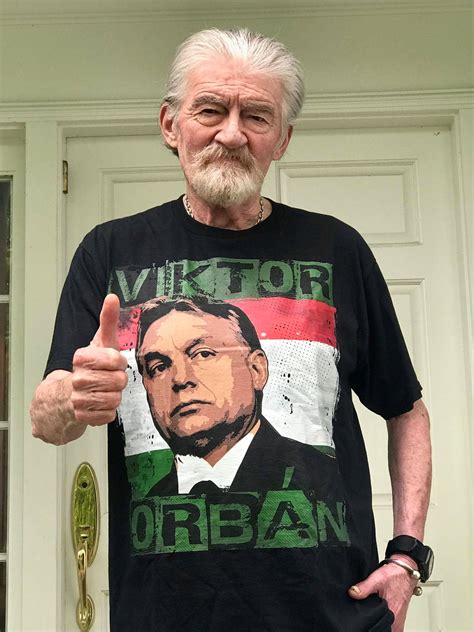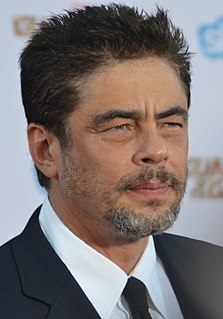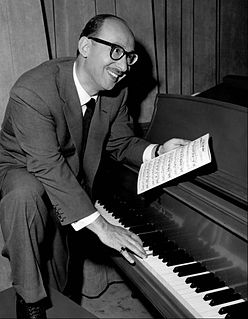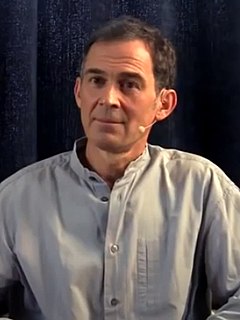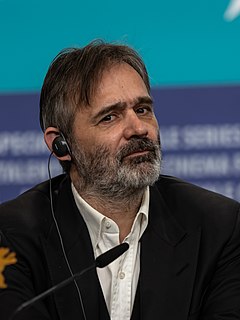A Quote by Joe Eszterhas
I just wanted to make sure that what I write is what appears on screen, to not have some idiot change it on its way to the screen.
Related Quotes
The Real is ever-present, like the screen on which the cinematographic pictures move. While the picture appears on it, the screen remains invisible. Stop the picture, and the screen will become clear. All thoughts and events are merely pictures moving on the screen of Pure Consciousness, which alone is real.
When I first started writing, there was no way I'd write a sex scene. That just seemed impossible. That's why in "Fight Club" all the sex happens off-screen. It's all just a noise on the other side of the wall or the ceiling. I just couldn't bring to write in a scene like that. So one of the challenges with "Choke" was I wanted to write sex scenes until I was really comfortable just writing them in a very mechanical way.
I'll remember this to my grave. We all walked into a room to see the screen tests. The first screen test was Marion Hutton's. Then came Janis Paige [who ended up with a part in the film]. Then on the screen came Doris Day. I can only tell you, the screen just exploded. There was absolutely no question. A great star was born and the rest is history.
